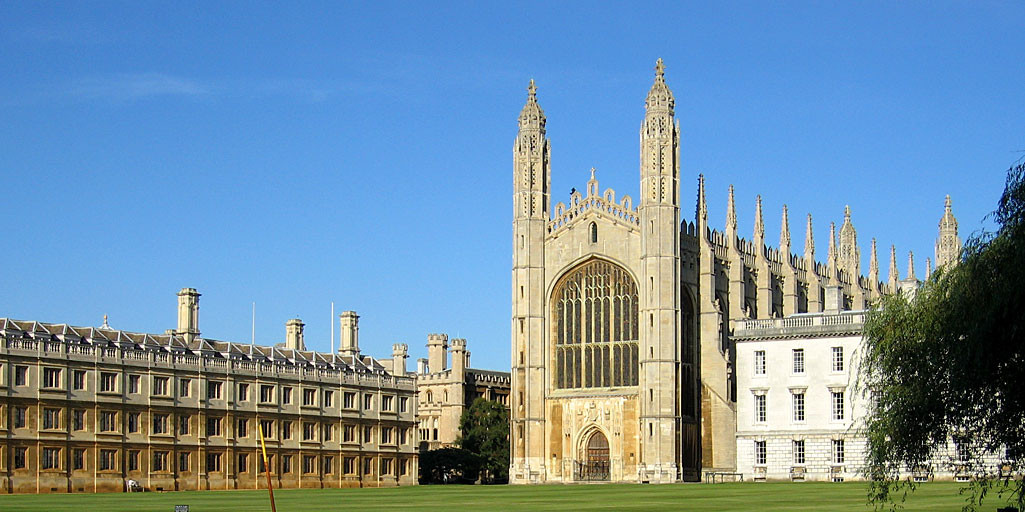Council decision confirms Cambridge University will not divest from fossil fuels
Cambridge announced on 15 June that it will “continue its policy” of keeping indirect investments in tar sands and thermal coal industries “to the bare minimum”.
The University stated it currently holds no direct investments in the fossil fuel sector, which is a change in its previous stance outlined in a 2016 report that said it has “negligible” exposure to fossil fuel industries.
It also stated that any changes to its absence of investments in the fossil fuel sector “must be referred back to the Council”.
Recommendations by the University’s divestment working group that it commit 10% of the Cambridge University Endowment Fund (CUEF) to explicitly Environmental, Social, and Governance (ESG) funds were also rejected, arguing that the “sector is underdeveloped” and has “an uneven track record”.
Cambridge will instead hire an ESG fund officer. The University also plans to establish a Centre for a Carbon Neutral Future.
The report’s suggestions that none of its indirect investments should lie in thermal coal or tar sands was also rejected. On this decision the University stated: “it is inevitable in a diversified and indirectly managed investment portfolio that some exposure may appear in some funds and therefore it is not possible to demand absolute exclusion”.
Cambridge’s statement after the council’s decision asserted that as “the financial sustainability of the University depends on strong returns from its investment strategies”, and “a critical component” in helping fund research and education have been endowment returns, it would be unwise to take further steps toward full divestment.
It is inevitable in a diversified and indirectly managed investment portfolio that some exposure may appear in some funds and therefore it is not possible to demand absolute exclusion
– The University of Cambridge
CUSU President, Daisy Eyre, and Graduate Union President, Dr Darshana Joshi, dissented from the Council’s decision, stating: “Cambridge is taking a reputational, financial and ethical risk by not fully divesting”.
Likewise, Council members Professor Nick Gay and Dr Alice Hutchings submitted a note of dissent, criticising the Chief Investment Officer for refusing to disclose “information about the identity of the secondary fund managers used by CUEF”.
Cambridge Zero Carbon criticised the Council’s decision as “watering down the proposals of its Working Group” and “hiding from democratic accountability”.
They added, that with this announcement, “Cambridge is not just failing to lead, but failing to follow”, and claimed that the decision “marks a day of shame for our University.”
Angus Satow, a spokesman for Cambridge Zero Carbon Society, even called for the resignations of various members of the university finance office, accusing them of blocking the democratic will of the university as he described the decision not to divest as “a farce”.
The council’s decision runs counter to a pro-divestment Regent’s House Grace and CUSU motion, both passed last year.
In April, around 200 Cambridge academics signed an open letter to the University and its colleges, urging them to excise fossil fuel investments.
Signatories include chemist David King, who was Britain’s Special Representative for climate change until last year after working for seven years as the government’s chief scientific advisor.
In recent months, direct action related to Cambridge’s position on divestment by students at the University escalated.
At the Cancer Research UK Boat Races between Oxford and Cambridge in March, activists dropped a banner demanding ‘Oxbridge divest’, before releasing orange smoke grenades during halfway the Men’s race while last month, “Cambridge divest from fossil fuels”, was spray painted onto the walls of Old Schools building.
Cambridge Zero Carbon criticised the Council’s decision as “watering down the proposals of its Working Group” and “hiding from democratic accountability”
Also in May, three members of Cambridge Zero Carbon Society went on a six-day hunger strike to pressure the University to divest, followed by campaigners staging a seven-day occupation of a key administrative building, which resulted in them all being forcibly evicted.
Before the council’s announcement, politicians also voiced their support for the University to divest. UK shadow chancellor, John McDonnell, along with 15 MPs backed a three-year divestment campaign led by students and academics at Cambridge.
The shadow chancellor and fellow Labour MP Diane Abbott called on Cambridge to “listen to the democratic voices of its students and staff”.
They said: “As a leading global educational institution it must take decisive action to end its complicity in destructive climate change.”
Similarly, Caroline Lucas, co-leader of the Green Party, said there was “no excuse” for leading institutions such as Cambridge to be delaying divestment as “we know that investing in fossil fuels is deeply damaging for our planet and financially imprudent”.
After their announcements regarding the council’s divestment decision, the University drew attention to the environment in another statement: “Climate change is one of the most pressing problems facing humanity” and “consistent with its mission to ‘contribute to society’, the University of Cambridge has a responsibility to use its position as one of the world’s foremost academic institutions to take a leading role in achieving a carbon neutral future.”

Comments (1)